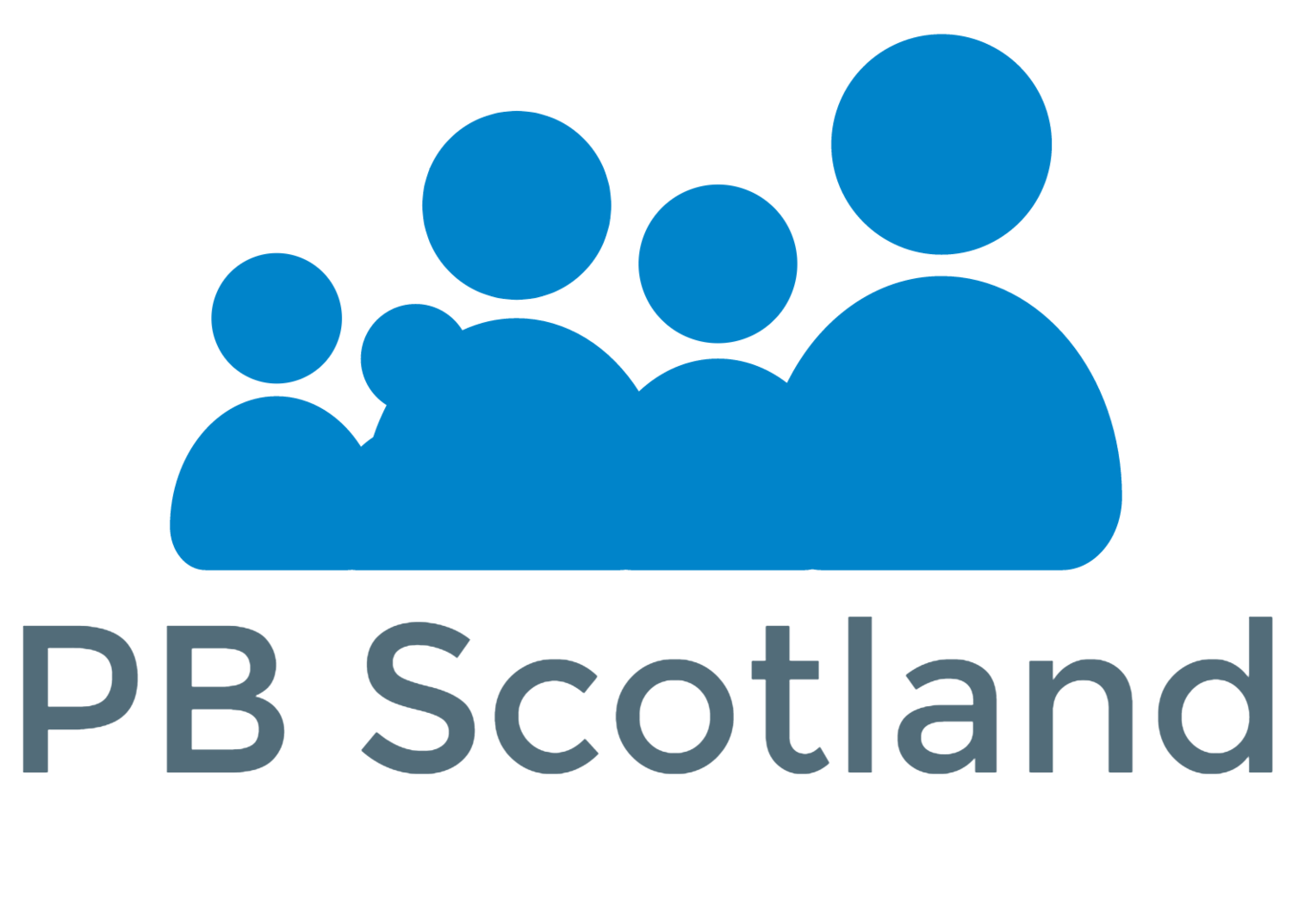The Participatory Budgeting Conference 2022
🗓 Wednesday, 28th September 2022
📍 Glasgow & online
Conference outputs
Speaker inputs
Please note that due internet issues the audio quality is variable during parts of these videos.
Tom Arthur MSP, Minister for Public Finance, Planning and Community Wealth
Neil Ritch - National Lottery Community Fund
David Reilly, The Poverty Alliance
Our panel discussion
About our conference
More than 100 people joined us for this participative, hybrid conference to explore how Scotland is embedding participatory budgeting (PB) as one of the key ways to energise and develop participation in our democracy.
Building on the PB Framework and the National Participatory Budgeting Strategic Group, this conference brought everyone interested in PB together to explore what we've learned from the pandemic and what it means for future of PB in Scotland.
We examined some key questions posed by the National Strategic Group:
How do we create a participative culture shift, develop PB leadership and embed long-term thinking?
How can green PB support community responses to the climate emergency?
What role can PB play in addressing issues around housing and homelessness?
How do we ensure equality remains at the core of PB practice?
How can PB support Scotland's health and wellbeing?
What role do schools play in delivering PB?
For each question we presented examples of PB in practice and hosted workshops exploring how we can embed broader community and public participation approaches in decision-making about priorities and how budgets are spent.
You can read tweets from he day using #PBScot22.
About our hybrid conference
This was our first hybrid conference, so we’re developing new ways to combine in person and online events - all while trying to keep it an engaging and participative experience however you decide to join.
In person, we wanted to deliver the safest event we can, while ensuring we benefit from the face-to-face interactions we’ve missed since the pandemic struck. We’re also very conscious of those who may be at additional clinical risks, so we’ll asking everyone to take precautions to support as much participation as possible.
Online, we used a combination of live streaming and participative online workshops that we’ve become used to over the last couple of years.


